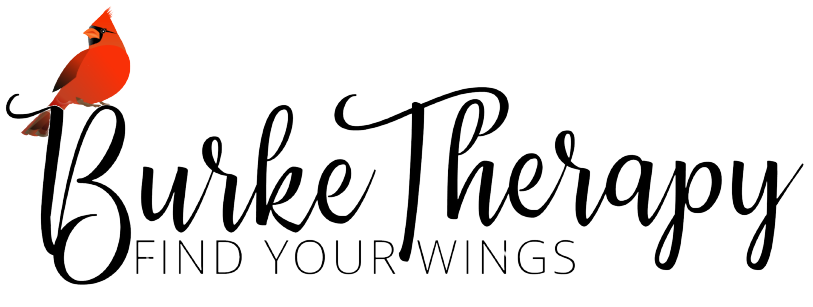
Speech-Language Therapy
Our therapy is available for individuals experiencing difficulty in any of the following areas:
Speech & Language Delay
A speech and language delay is when a child isn’t developing speech and language at an expected rate. It’s a common developmental problem that affects as many as 10% of preschool children.
Some developmental warning signs:
Unable say simple words (such as “mama” or “dada”) either clearly or unclearly by 12 to 15 months of age
Unable to understand simple words (such as “no” or “stop”) by 18 months of age
Talk in short sentences by 3 years of age; or, tell a simple story at 4 to 5 years of age
Speech Therapy for Adults
There are many reasons an adult may need speech and language therapy. Usually, there is a medical event or condition which has resulted in a loss of speech, language, and/or memory function.
Therapeutic support is available following the events/conditions:
Stroke
Traumatic Brain Injury
Mild Cognitive Impairment
Dementia
Apraxia
Aphasia
Dysarthria
Concussion Syndrome
Social Pragmatics
Social (pragmatic) communication is an area of language function that describes how effectively a person (whether they are verbal or nonverbal) interacts with others, participates in a social manner with others, and how well they follow the “social rules” of communication. Children, teens and adults with pragmatic difficulties struggle with knowing what to say, how to say it, and when to say it.
Burke Therapy offers social pragmatics groups designed to support the development of the skills needed to help foster meaningful interactive communication with peers . Our groups have a maximum of four participants and are created based on therapeutic matching. Our groups range from play-based social groups, up to our young adult “social hours”.
Burke Therapy is proud to offer the Social Thinking & Superflex social thinking curriculums (Michelle Garcia Winner, CCC-SLP)
Articulation & Phonology
During the early years of development, young children often make speech sound errors. A child may have an articulation disorder if these errors continue past the expected age of mastery. Articulation therapy involves focusing on the motor aspects of speech production while teaching techniques that target error-sound patterns.
Burke Therapy is proud to offer Level I and Level II PROMPT trained professionals. PROMPT is a specialized theraputic training technique used for restructuring oral muscular phonetic targets.
Oral Placement Therapy
Oral Placement Therapy is a complement to traditional speech treatment methods as it teaches clients with placement and movement deficits how to “feel” the movements necessary for the development of speech clarity.
Therapy includes tactile-proprioceptive teaching techniques for the lips, tongue and jaw to build muscle memory.
Language Disorders
A language disorder can be either expressive or receptive in nature, or a combination of expressive and receptive.
When a child has an Expressive Language Disorder they experience difficulty with verbal expression.
A Receptive Language Disorder occurs when a child struggles with the ability to attend, process, retain, comprehend, or spoken language.
Stuttering/Fluency
Research supports “behavioral” treatment programs for people who stutter. That is, people who stutter are taught ways to control and monitor the speed in which they speak and breath. Extensive home programs and “follow-up/maintenance” sessions are just a few of the added touches that result in Burke’s successful stuttering/fluency intervention
Apraxia of Speech/Motor Speech Disorders
Childhood apraxia of speech (CAS) is a motor speech disorder. Children with CAS demonstrate problems saying sounds, syllables, and words. These challenges are not related to weak muscles, rather it is related to a problem in the brain that prevents the necessary planning to move the body parts needed for speech (e.g., lips, jaw and tongue)
Burke Therapy is proud to offer the specialized training technique of PROMPT (Prompts for Restructuring Oral Muscular Phonetic Targets) Therapy to each of its clients.

